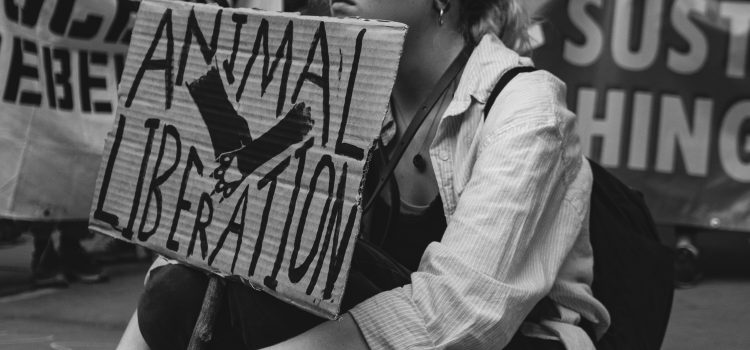
Factory farming, also known as industrial agriculture, is a system of food production that involves raising large numbers of animals in confined spaces, with a focus on maximizing efficiency and profit. While factory farming has been credited with increasing the availability of affordable meat and dairy products, it has also come under scrutiny for its impact on animals and the environment.
One of the most pressing concerns with factory farming is its impact on animal welfare. Animals raised in these systems are often confined to cramped and unsanitary conditions, with little to no access to fresh air, sunlight, or exercise. They are also routinely subjected to painful procedures such as dehorning, castration, and tail docking, without any pain relief. The stress and suffering experienced by these animals can lead to a variety of health problems, including weakened immune systems and increased susceptibility to disease.
But the impact of factory farming is not limited to animal welfare concerns alone. The intensive use of antibiotics and hormones in these systems can contribute to the development of antibiotic-resistant bacteria, posing a serious threat to public health. The use of these chemicals can also contaminate the surrounding soil and water, leading to environmental degradation and pollution.
The environmental impact of factory farming is also significant. The production and transportation of animal feed, as well as the disposal of animal waste, contribute to greenhouse gas emissions and climate change. In addition, the use of fertilizers and pesticides to grow crops for animal feed can lead to soil degradation and water pollution, with negative effects on both human health and the environment.
Despite these concerns, factory farming continues to be a dominant force in the global food industry. However, there are growing calls for more sustainable and ethical food production practices. This includes a shift towards more humane and environmentally-friendly farming methods, such as regenerative agriculture, which prioritizes soil health and biodiversity, as well as animal welfare.
In conclusion, factory farming is a complex issue with far-reaching implications for animals and the environment. While it has been credited with increasing food production and making meat and dairy products more affordable, it has also been criticized for its negative impact on animal welfare, public health, and the environment. As consumers, we have the power to make a difference by choosing to support more sustainable and ethical food production practices, such as regenerative agriculture, that prioritize the health and wellbeing of both animals and the planet.










